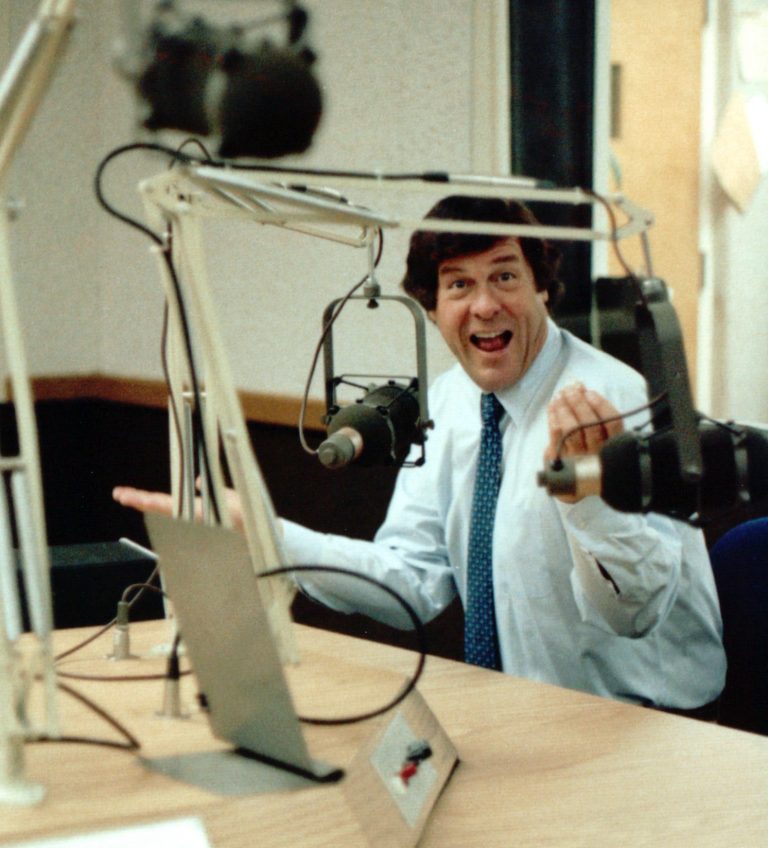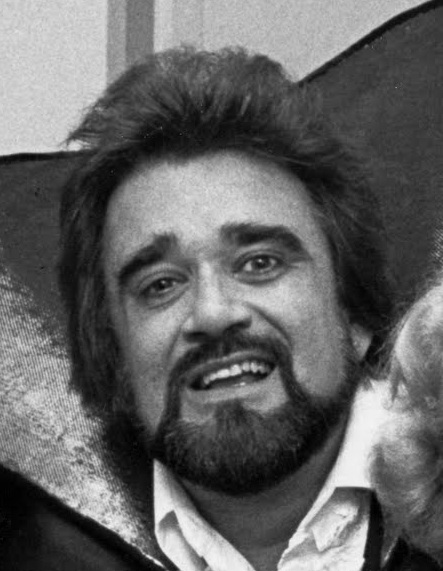
When you hear the expression “he has the gift of gab,” It might be Barry Farber they’re talking about.
Farber launched his on-air radio career in 1960, And over the next six decades became one of America’s most popular and best known talk show hosts and interviewers.
A world traveler who spoke several languages Farber seemed to know almost everyone who was anyone It
I spoke with him a few times over the years, including this conversation from 2012 when he put out a book called Cocktails with Molotov.
So here now, from 2012, Barry Farber .
Barry Farber maintained a talk show presence online until the day before his death in 2020. At age 90.



